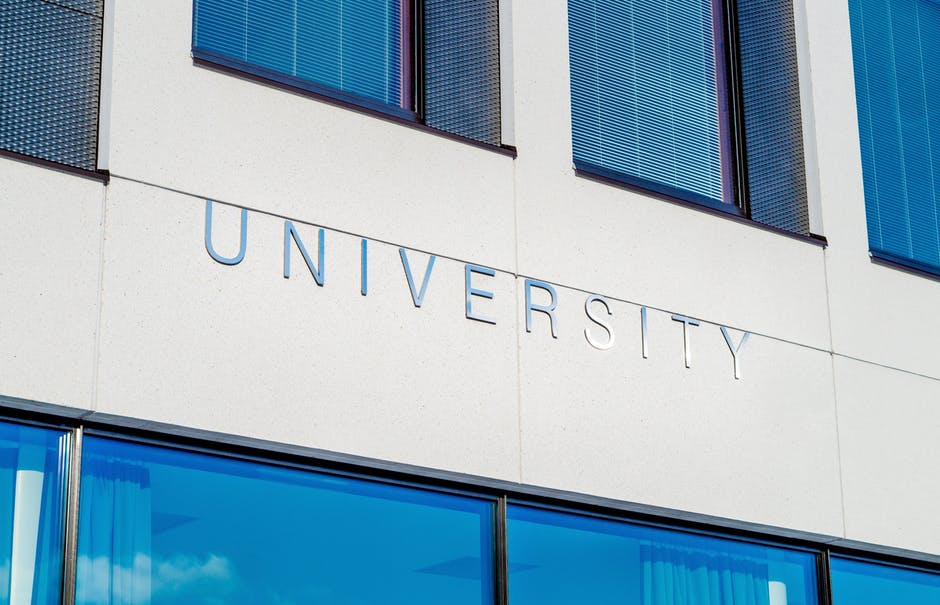University open days are a great way to figure out if a university is for you, they allow you to get a taste of university life that you can’t get from a prospectus. Once you’ve made your shortlist of universities you’re interested in, take a look at their open days in Summer and Autumn.
Here’s 7 ways you can make the most of your university visit:
1: Do your homework
- Some universities require you to book a space at the open day/talks so make sure you book in advance to avoid disappointment
- Research and make a schedule of the talks and seminars you’re interested - ensuring you book a space if necessary
- Make sure you know the route to the university from the station
- Know which building the lectures will be held in - student ambassadors will be there to direct you to them and help if you get lost
2: Attend talks and lectures
- Most departments put on sample lectures and seminars to help you get a feel for what you’ll be learning and give you an opportunity to meet your lecturers
- Universities hold talks and Q&As with students on topics like studying abroad, student finance, and life at university
3: Explore campus
If you’re going to be spending three years of your life at a university, you need make sure the campus is what you’re looking for. Make sure you go on campus tours around the main buildings but also take yourself on an unofficial one to see the ‘real’ side of campus.
Places to visit:
- Libraries
- Campus cafes and restaurants
- Any green spaces or parks on campus
- Gym and sports facilities
- Student union – check out the food, clubs, banks, pubs, and shops
- Facilities in your department
- Accommodation
4: Ask lecturers questions
It’s important to speak to your lecturers/attend their seminars as they’ll be the ones supporting you throughout your university journey and they can give you insights into your chosen course.
Questions you to ask lecturers:
- What’s the split between lectures and independent studying?
- How many students are in each class?
- How will you be assessed?
- If you miss the grades what are the chances of being let in
- Do they have any application tips?
- What careers do past students/graduates have now?
- Do you have interviews for the course?
- Is there an opportunity to study abroad or take a placement year?
5: Ask students questions
Make sure you ask students questions - they’re the best people to ask! They’re more likely to be honest than lecturers and they know what goes on behind the scenes at university.
Questions to ask students:
- What’s the night/social life like?
- What clubs and societies can you join?
- Did you live in student halls? If so which and would you recommend?
- How social are different first year accommodations?
- What is second and third year housing is like? – the quality of the housing, how easy it is to find a house, and how expensive it is.
- What do you like / dislike about the uni?
- Are part-time jobs in town are easy to get?
- What did you wish you knew before you went to this university?
- What public transport is like and if there’s any discounts for students?
- How expensive is the uni town?
6: Visit first year accommodation blocks
Most universities do tours of accommodation so you can see where you’ll be living in first year. Research the accommodation you’re interested in before hand so you can save time and go straight to those blocks. If you want to live in a house instead of student accommodation use websites such as Unipol and Student Cribs are a great way to figure out what’s available. Also look at smaller letting agents in your university town.
When visiting the student accommodation you need to consider:
- How big are the bedrooms, bathrooms, and kitchens?
- The location – how far is it from your course building, the nearest supermarket, or town?
- If there’s shared bathrooms – how many people are sharing? How often are they cleaned?
- Is it worth the price?
- Is a place in halls guaranteed?
- Would you prefer halls or flats?
Look at Prospectus UK for information about student accommodation and your options.
7: Scope out the town
The location of the university is almost as important as the course. You need to ask yourself if you’d be happy spending 3 years in the town or city. Consider if it has the shops, facilities, clubs, bars, public transport, cinemas, and restaurants you want. Often people move to a university for the course alone and find that living in a tiny town or large city makes them miserable, it’s important to consider both the location and university when going to open days.
GENERAL TIPS
- Take LOTS of photos and notes for future reference. They come in handy when comparing universities later
- Wear COMFY shoes because there will be a lot of walking
- Bring a PORTABLE charger – to avoid being stranded / having to spend time charging your phone that could be spent exploring campus
Don’t worry if you can’t make the official open days, you can still visit the universities. Most will allow you to arrange an unofficial tour of the department building and university.
Before you go to university there’s offer holder open days and interview open days which allow you to get a better idea of what studying at that university would be like.
If you’re ready to find a university open day check out our open day calendar for dates and more information.
By Clarissa Ducie






